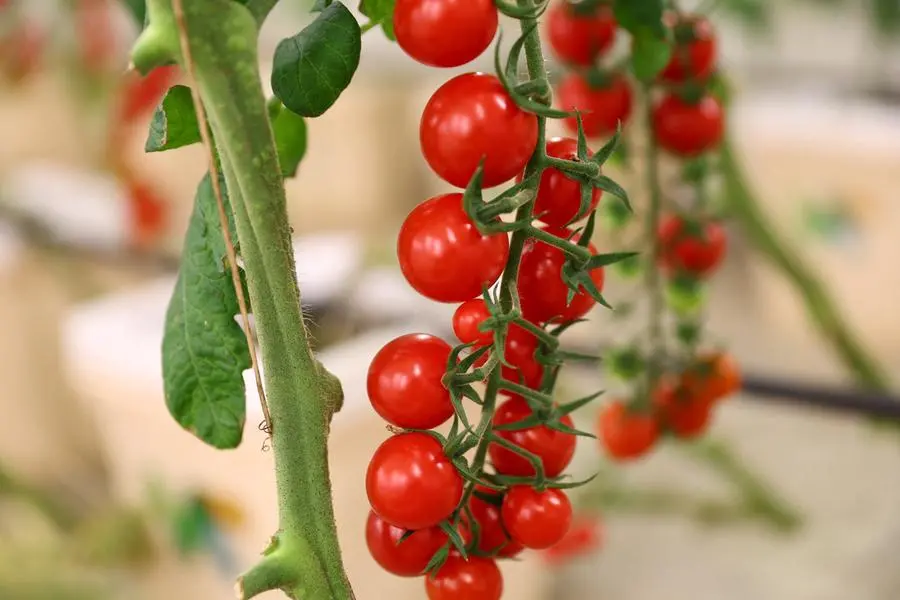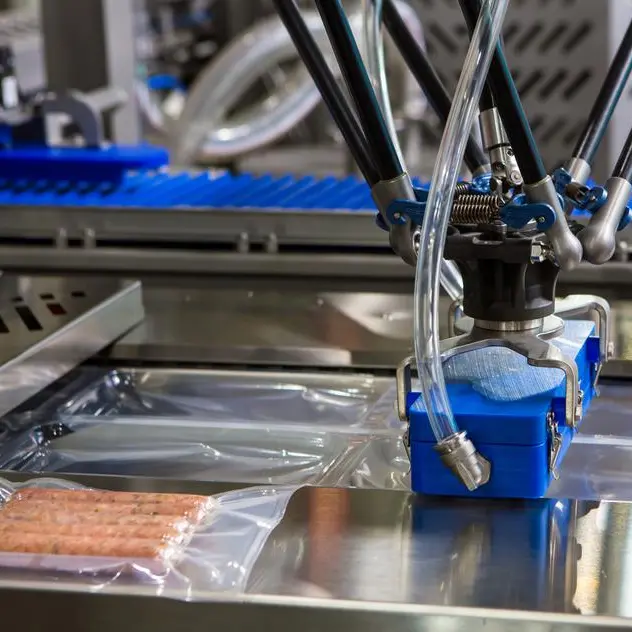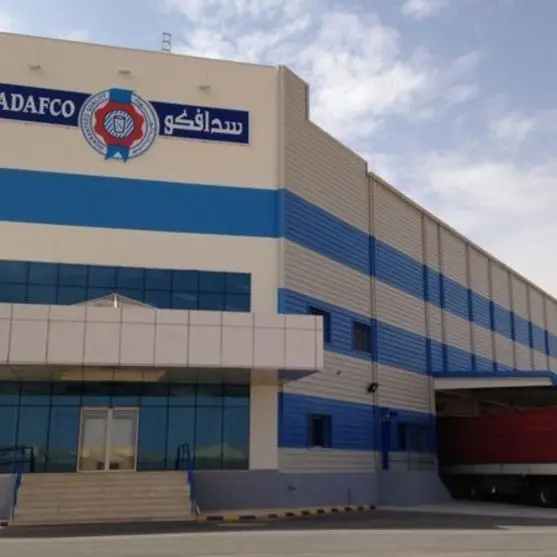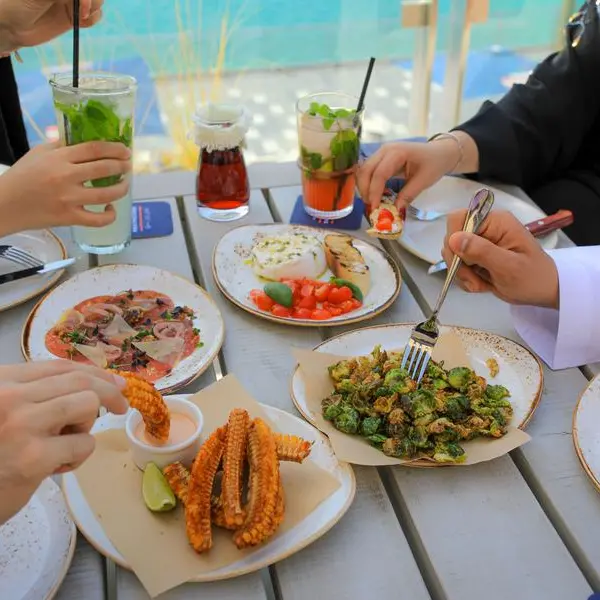PHOTO
Every morning, over 15 kilograms of ripe figs are hanging on branches, waiting to be harvested at Al Kharran farms in Ras Al Khaimah. Abdul Latif, the caretaker of the farm, picks up some baskets and enters the greenhouse to pluck the ripened figs before they fall to the ground.
He has turned the fig farm into a resounding success with his techniques.
“I harvest about 10 to 25 kilograms, and on average 15 kilograms a day. I have to pluck them before it falls on the ground,” said Abdul Latif, adding that there are over 500 figs plants ranging from 3 feet in height to 7 feet.
Apart from collecting the ripe figs, Abdul Latif has many other tasks scheduled within the greenhouse. “After collection, I clean the entire facility, which is divided into three sections. I water the plants and learn about new breeding techniques. Different types of figs are grown in the facility,” said Abdul Latif, who has been in agriculture for ages.
“The UAE's arid and hot climate presents a significant challenge for fig cultivation as the fruit grows in more temperate conditions."
Technique of greenhouse facility
The greenhouse facility is designed to create the ideal environment for figs to thrive. One side of the greenhouse is equipped with powerful fans that whisk away the excess heat, creating a cool oasis inside. On the other side, a clever mesh system releases tiny water new breeding techniques droplets that evaporate in the warm air, naturally cooling down the surroundings. This system not only cools down the surroundings but provides moisture to the fruits and plants. “The sunlight is very essential for the growth of these plants. That’s the reason we have a translucent cover above,” said Abdul Latif.
Abdul Latif’s team waters the fig plants every four days – just enough to keep them hydrated without wasting water.
Haircut
Abdul Latif has mastered the art of quick fig-growing. “Every four months, the fig stems get a trim and are reduced to just 1 to 2 feet. And within just three months after this ‘haircut,’ the fig plants are ready to surprise us with delicious fruits,” said Abdul Latif.
This smart strategy ensures a steady supply of fresh figs all year round.
Types of figs
At Al Kharran Farm there are a variety of figs grown around the year. With over six different fig varieties, each with its own flavor, it's like an adventure. “Some figs love the heat of summer, bursting with intense flavors that make our taste buds wanting for more. Others prefer the gentleness of winter, offering a sweet and comforting taste.
“Black mission, brown turkey fig, desert king and Smith and most produced at our farm,” said Abdul latif.
Taste
According to the caretaker of the farm, figs that are grown during peak summer are tastiest, “but by the end of summer and beginning of winter, the taste is not that great. The tasty ones are then harvested during the peak winter,” said Abdul Latif.
“While some figs are juicier and sweeter, others are tangier and more berry-like in flavor. Some have the consistency of jam, while others taste like honey straight from the jar,” added Latif.
Local figs in demand all over the country
The harvested figs at the farm are sold in the local market, catering to the growing demand for locally grown and fresh produce. “People from many places, including Fujairah, Abu Dhabi, Al Ain, and many other places call us every morning for freshly harvested figs. Currently, Smith figs are being harvested which is Dh50 for a kilogram,” said Abdul Latif.
“During winters, we grow the Turkish fig and the weight of a single fig is over 200 grams. The figs which are heavier are much tastier and only 3 or 4 figs make a kilogram,” said Abdul Latif.
Copyright © 2022 Khaleej Times. All Rights Reserved. Provided by SyndiGate Media Inc. (Syndigate.info).





















